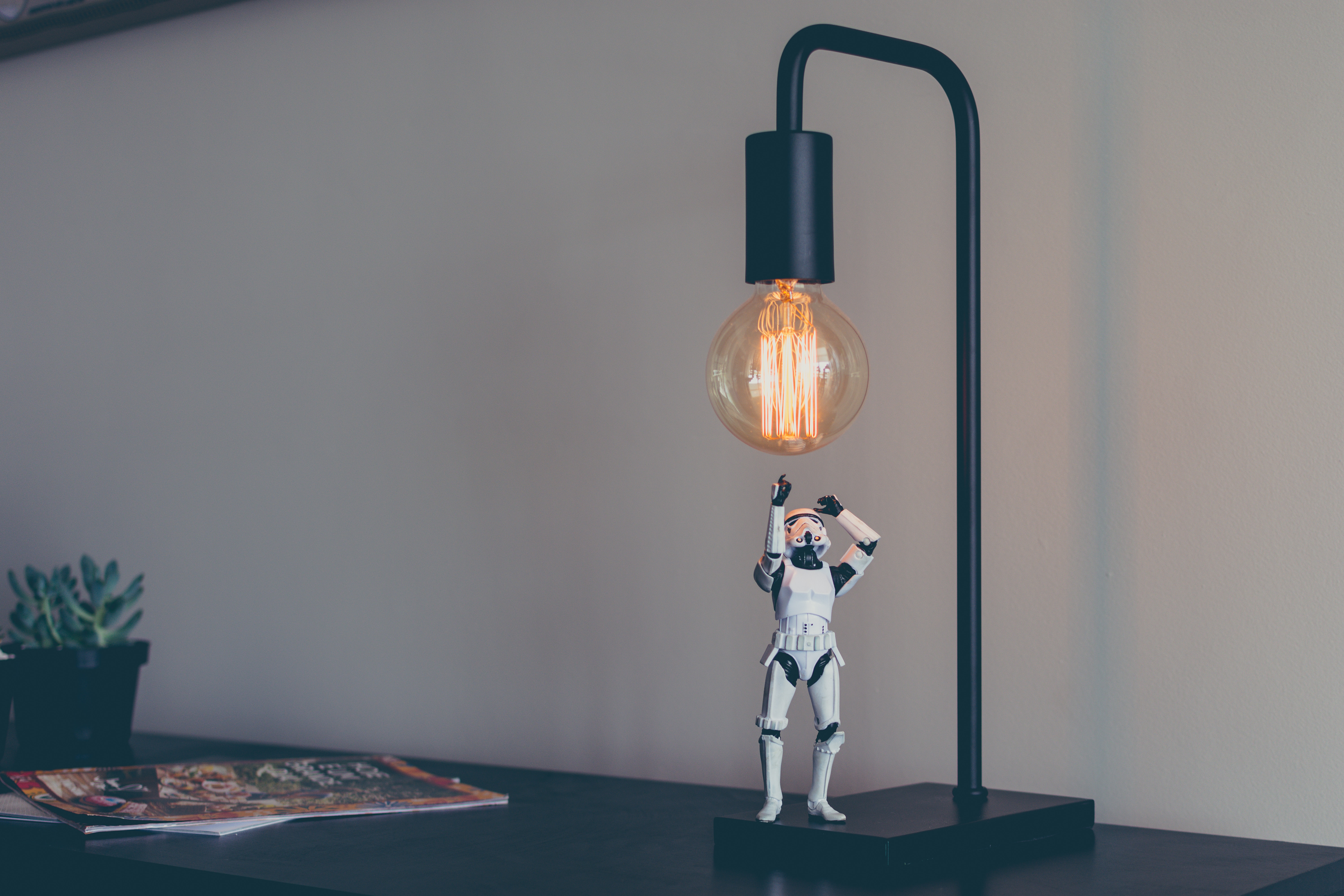
I create a lot of stuff on a regular schedule. A daily vlog. A weekly article. And when I'm managing a software product, I often encourage our teams to release features every two weeks. We don't know what's in those feature release ahead of time, all we know is something is going to ship, as loud and public as we can.
But it can be tough to keep those schedules going. One big reason is feature creep. We keep seeing more things added to a release or a feature is made even more complicated than we originally envisioned.
So what? Why not take an extra couple weeks to get it done "right"? These deadlines are arbitrary afterall. Self imposed.
What can hurt skipping this week's launch?
First, let's explore another question. How do you perform in front of an audience? The answer is more complicated than you might realize.
It's called the "audience effect". And it's been the frequent study of psychologists since the late 1800s. What many agree on is that, in general, when performing a simple or repetitive task in front of an audience, people tend to do better. But, if the task is complex or unfamiliar, people tend to do worse.
In 1996, 3 psychologists (Charles Bond, Adnan Atoum, and Marilyn VanLeeuwen) wanted to explore this theory even more deeply. How does the effect change if the audience is evaluating your performance? What happens if they are in the same room with you, watching you?
So they devised a verbal learning task in which participants memorized a list of word pairs. Then, single words from the list were played aloud on a speaker, and participants were to recite the second word they had memorized.
Not a simple or familiar task for most people. Overall, participants, when by themselves, could only recite the correct word 49% of the time. And, as you'd expect, when an audience was brought in to evaluate the participants and their performance, the number of correct answers deteriorated drastically. Instead of the 49% of correct answers in the alone group, the group with the super critical audience only had correct answers 29.83% of the time.
That's a 20 point drop. If you were a C student, you'd now have a fat F in front of an audience.
But here's where it gets really weird. These failing participants weren't choking in front of the audience by getting a ton of answers wrong.
They just weren't answering.
63% of the time the participants who had an audience evaluating their performance and watching them, just didn't answer. They wanted to avoid possibly embarrassing themselves, by doing absolutely nothing.
63% is a staggering number to me. It points to the ridiculously intrinsic concern we have of avoiding public displays of messing up. We'd rather do nothing.
What's also interesting to me is how public our careers really are, especially endeavors like entrepreneurship and creating content. These are occupations defined by doing them publicly. It's hard to sell things to yourself and stay in business. And writing privately in a journal is a great practice, but if you want to become the next best novelist or journalist at the New York Times, you're going to be putting an enormous body of likely less-than-stellar work out there for the public to evaluate. And now with the web, we have comments, profiles, avatars. People can evaluate your performance, your vegetarianism, your complexion. Then they can tell you and all their friends what they think about you.
If Bond, Atoum, VanLeeuwen reproduced their experiment online with the kinds of conditions we have on the web, I wouldn't be surprised if non-answers went up another 20 points.
Let's look at my vlog. It was a daily schedule at first, then occasionally, then daily again, then occasionally. Now it's daily again. But all those times when I'd fall off the daily schedule, getting anything published at all became an even harder struggle. I'd sit on a video that I'd work on for days. Decide it's not good, throw it away, and look for the next one. What used to take a single day now took weeks.
I see my product teams get the same way. Feature creep is an all too frequent ailment. But the cause often has nothing to do with what the product really needs. It's the fear of releasing something that might embarrass ourselves. We'd rather risk constant procrastination then our customers judging us poorly.
And so that's why I force myself and my teams into arbitrary schedules. There's an incredible psychological pressure to keep on procrastinating product launches or publishing content, so I add an equal psychological pressure to "not break the chain." To keep a habit going instead of disappointing myself of breaking a promise to my customers and followers.
If I don't, there's too much incentive to just NOT DO.
Now, it probably needs to be said, someone is going to come here and argue, "Come on, Nate. That's 'hustle culture.' And we need to prioritize things above work." Look, I'm with you there too. We need more sleep and balance. I don't take on these schedules in order to sacrifice my health or family. Right now as I write this I had to pause my daily vlog schedule because of a family health emergency. But these are extreme circumstances, and life isn't usually filled with the amount of stress and distraction I'm dealing with right now. More normally, if I'm up against a deadline I just find things to bend. The release gets smaller. Something gets thrown out.
When you make your release schedule a habit, scope doesn't creep anymore.
P.S. Free marketing design review?
I've been optimizing web designs for over a decade. A couple recent examples, improving the Highrise conversion rate 35% and the conversion rate of Rockstar 500%. Here's a great example of the review I've done for others: Markd.
Happy to look over your site for free. Please reach out. (As long as slots are open. My free website review queue can get oversubscribed.)


